I must admit that I am befuddled. I’ve worked in feature film and network television since 2009 and have been cast as a stand-in for major characters. Although I am not SAG-AFTRA, all of my work has been on union projects. I don’t work on non-union, indie projects.
Recently, both of our local casting agencies have begun to list age as a requirement for booking stand-ins. I am at a loss to understand why age matters for stand-in roles unless the stand-ins are also working as doubles. The pay rate suggests that this is not the case.
All of my life, I’ve looked significantly younger than I am. In fact, when I was booked as a featured actor in a film, the director specifically picked me to play a character celebrating a birthday. I was actually nearly 20 years older than the character I was playing.
Things were really looking great until I turned a milestone age and started reporting that as my age. Immediately the bookings stopped cold. I continued to apply for suitable roles, most of them stand-ins where I was a strong match, but nothing came of it.
My experience tells me that ethnicity, sex, weight and height all matter for a stand-in. We don’t need to look like the First Team actor. We just need to be similar enough to make lighting, camera focus and occasionally lines and blocking possible. But why age enters into booking requirements now when it never has previously is a mystery.
Have you noticed this trend? If so, if you understand why age is suddenly important I would love to know.
—Long-Time Stand-In
Response from Ben Hauck
One time long ago, a casting director told me I didn’t get a stand-in job “because I was too young,” which at the time sounded discriminatory. Were she to say “because I looked too young,” that would not have been discriminatory as I understand it. As far as I can tell, casting directors must not consider age but instead must speak rather in terms of appearance. Exceptions may include if a stand-in is a minor, or underage, say, on a shoot for alcohol.
Casting directors may issue casting calls or release casting notices for stand-ins that state an age or age range. While these might read or look like “age requirements,” in most cases they should not be considered as “age requirements.” Instead, they are information about the perceived age of stand-ins they are seeking in the effort to match the first-team actor. So if a casting notice says it is seeking people 25-40, or lists the age 38, those are simply guidelines for stand-ins considering applying for the job. In other words, you do not have to be 38 to work this job, and if you are above 40 but look like someone 25-40, then you may be a potential candidate for the job.
How to Reply to Age Requests
Should a casting director ask you point blank for your age, or should a casting director ask you to apply for a stand-in job by including your age, rather than replying with your actual age, it may serve you instead to reply with an age range rather than an age. That way, the casting director will get the necessary information about your appearance and you will not have to release your actual age, especially if it might potentiate age discrimination against you, and especially if your perceived age is substantially different from your actual age.
In your case, where it seems you are about 20 years older than your perceived age, it may behoove you to decide on the age range you want to advertise. Age ranges are commonly ten-year spans but each person is different and may be more or less flexible in their appearance. If you were 70 but looked 50, you might say that your age range is 50-60.
That said, you may also want to be considered for stand-in jobs for actors who are, say, 70. In which case, in applying for those jobs, your actual age may be an asset. Applying for such a job saying your age range is 50-60 probably would not get casting’s attention. However, if you said your actual age was 70, that might — even despite your younger appearance.
Be cautious, though, in deciding whether to tell your actual age to a casting director. Another way to apply for an older stand-in job might be to say that you’ve stood in for multiple older actors or multiple 70-year-old actors. That way you avoid stating your actual age but you communicate your fitness for the job.
Facing Actual Age Discrimination
That said, unless there is a justified need for a casting director to know your age, you might be facing age discrimination. Age discrimination laws tend to pertain only to those 40 years old and up, though some states may protect workers under 40. The Equal Employment Opportunity Commission oversees federal age discrimination laws. You can find more information on the EEOC and age discrimination here.
Were you a SAG-AFTRA member, it would be very worthwhile to notify your SAG-AFTRA local office to let them know of any allegations or evidence you might have about age discrimination. For example, you may have emails or printouts of casting notices showing the age requirements you claim these casting offices put on stand-ins. For SAG-AFTRA local offices’ contact information, try here. You might even consider simply going to the SAG-AFTRA National Headquarters office, whose contact information is here.
To that point, SAG-AFTRA National President Gabrielle Carteris has been making a point of going after age discrimination in the entertainment industry. See this article on age discrimination against performers.
If the age discrimination is serious enough that you want to go further, you may have basis for legal action against productions and/or their agents (like casting directors). I believe SAG-AFTRA can provide you with legal guidance on pursuing age discrimination lawsuits if you are a member. You may have other avenues, to like going to the National Labor Relations Board of the EEOC.
Have you faced age discrimination as a stand-in? How did you handle it? How do you approach sharing your age with casting and with productions? Share your guidance in the comments below!

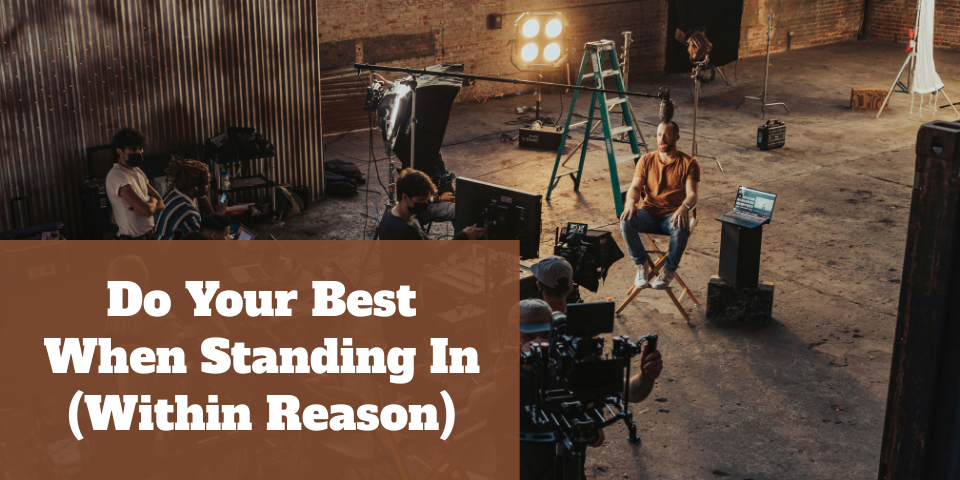
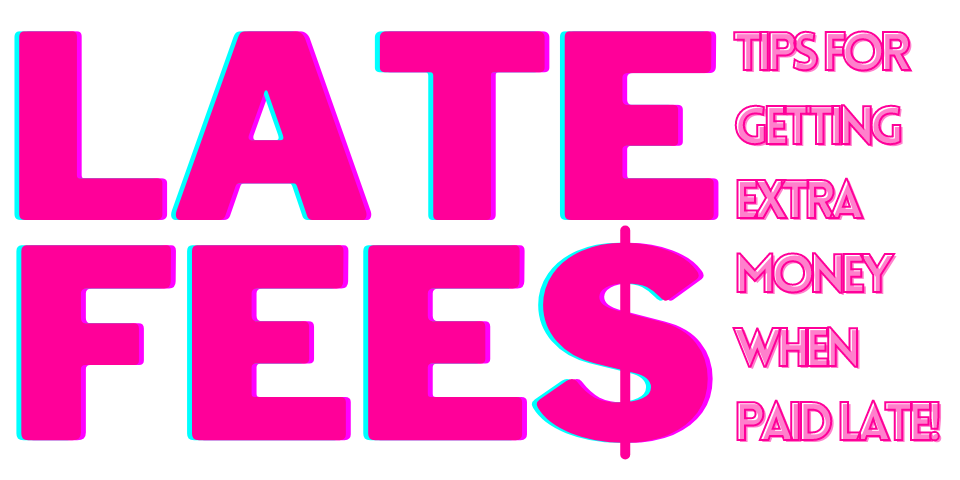
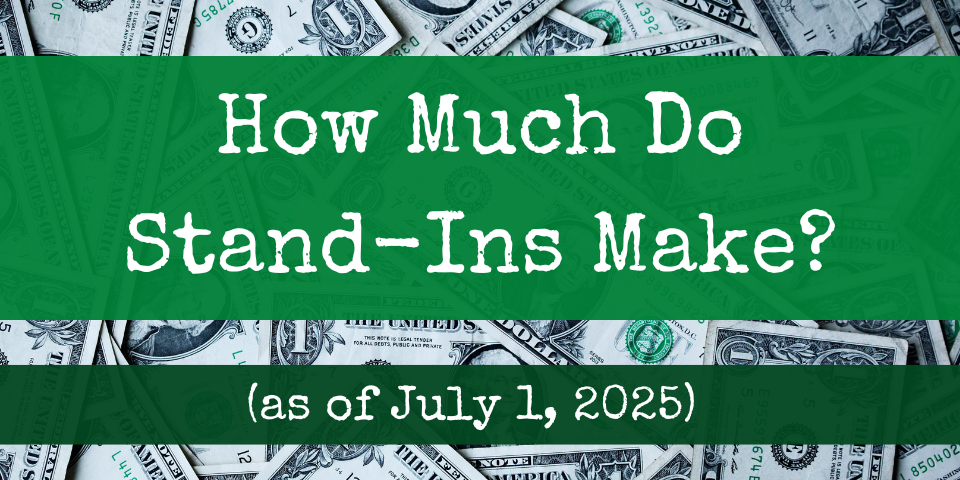
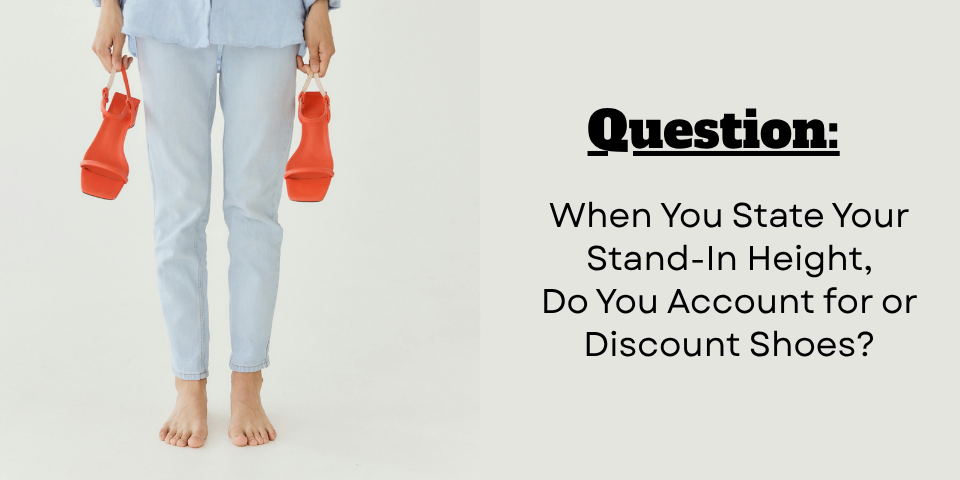
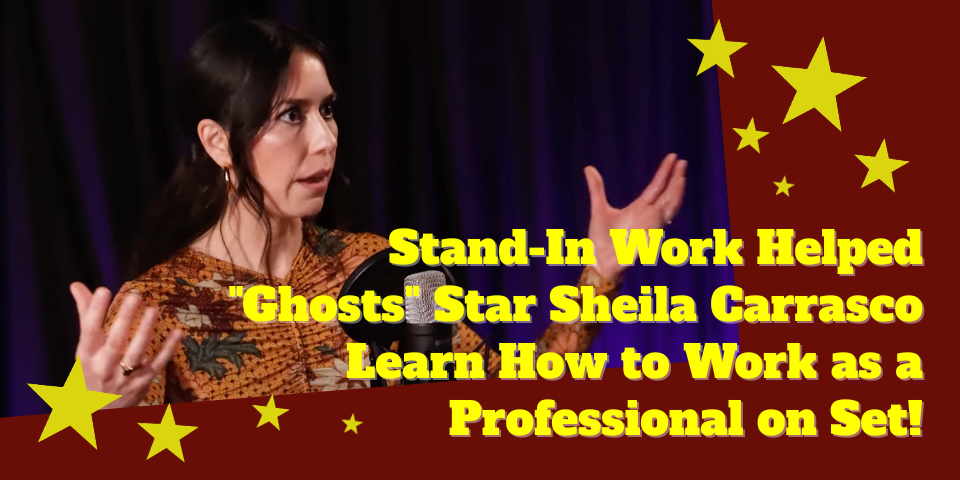
Leave A Comment